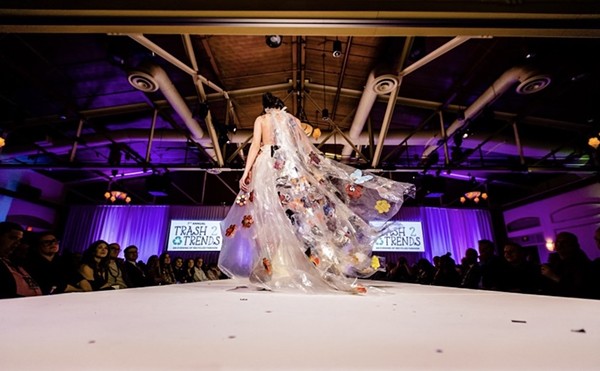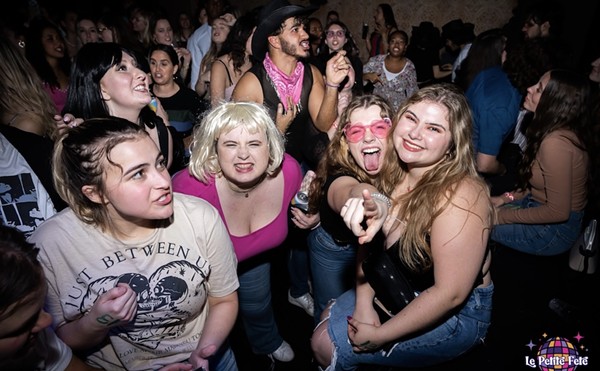Three summer books translate the academic language of women's studies classes into accessible, compelling prose that could be the summer page-turners you've been looking for. If it sounds as if I'm diminishing the seriousness of the topic by urging you to make these your summer reads, it's only because what counts as a "summer read" has undergone a huge transition in recent years. As Ilana Masad wrote in a recent article for Broadly, summer reading used to be a time for taking on the serious topics that you didn't have time for during the rest of the busy year.
And these books certainly fit the bill. Hunger (Harper, June 2017) is Roxane Gay's searing memoir about her "fat" body (her term), and how living in such a body became a cage of her own making. As readers of Gay's previous work know, she was gang-raped by her boyfriend and his friends when she was 12. In Hunger, she speaks of the effect that the attack had on her.
Gay ate to smother the horrible feelings that she had about the betrayal by her boyfriend, but she also ate because she knew that the bigger she got, the less attractive she would be in a society where "sexy women" are thin. And she also knew that the bigger she got, the more imposing she would be. She made a fortress of herself, but as she reveals in the memoir, that fortress became a prison.
In Heartthrobs (Oxford University, May 2017), Carol Dyhouse turns the tables on the male gaze, the gaze that women grow up under. In her study, Dyhouse looks at popular culture beginning around the turn of the 20th century. She examines books, films and other forms of cultural production to look at the figure of the "male sex symbol," that women developed "hysteria" over. (Hysteria being the loaded catch-all term for female behavior outside the acceptable norm.)
The producers of culture responded to women's desires – and often shaped them – by the production of matinee idols, book series, women's magazines, and other products to cater to the demand for these objects of desire, but Dyhouse also provides critical analysis about the ways that women's desires could be controlled through who and what was offered to women.
Too Fat, Too Slutty, Too Loud (Plume, June 2017) was written in response to the election of Donald Trump. Anne Helen Petersen, a cultural critic for BuzzFeed, provides profiles of "unruly" women whose behavior is judged in our current culture as being "too much." For example, she points out how Serena Williams has been judged "too strong" and recounts all of the criticism of Williams that compares her body and her dominance on the tennis court to a male body. By denigrating Williams' femininity, critics seek to keep her in line, but Petersen provides evidence of how Williams' DGAF attitude has allowed her to triumph despite her critics.
Petersen provides similar analyses for women such as Hillary Clinton (too shrill), Melissa McCarthy (too fat), Nicki Minaj (too slutty) and Madonna (too old) among others. Her premise is that "unruly" can be thought of as someone who overflows the container that they are supposed to fit into. Philosopher Julia Kristeva wrote in Powers of Horror that women were seen as "abject," that is, "too much" and needed to be disciplined and cleaned up. You can see Kristeva's argument again and again in Petersen's writings, and I think it's the best unpacking of French feminist theory for a general audience that I've ever encountered.
While readers may argue with some of her choices for who these women are and which categories they overflow, the book provides a fascinating analysis of why certain women in our culture provoke such harsh feelings among their critics. Petersen provides readers with a great philosophical framework with which to argue with your Clinton-hating relatives while you're hanging out at the pool.
















